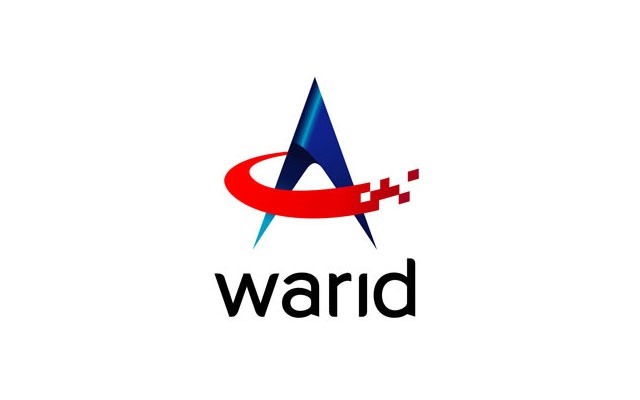 |
| Warid Achieves 30-60% Energy Savings on its Network |
Warid Telecom of Pakistan achieved significant energy savings of between 30 and 60 per cent after the completion of GSMA’s second Mobile Energy Efficiency (MEE) Optimisation project, said a statement issued by GSMA.
The project trialled an innovative energy-saving technology on Warid’s network and demonstrated significant energy savings. When the solutions are rolled out across Warid’s network in Pakistan, the annual savings are expected to be more than US$6 million and 19,700 tonnes of carbon dioxide emissions.
The project was conducted on ten cell sites across various geographies in Pakistan, and the technical solutions were trialled on four cell sites. These included Coolsure high efficiency telecom air-conditioners, GE’s Sodium Nickel Chloride Durathon battery and a Ballard methanol fuel cell back-up power system.
eployment of the solutions across Warid’s network has already begun, with 200 DC (direct current) air-conditioners being installed.
“It is fantastic that this MEE Optimisation project in Pakistan has already successfully demonstrated significant cost savings and emissions reductions, and is clearly showing the benefits of the service to our members,” said Tom Phillips, Chief Regulatory Officer, GSMA.
“Energy efficiency and network quality are among the key focus areas for Warid Telecom to reduce energy costs and go green, with added reliability and availability of backup power. We are delighted to carry out this MEE Optimisation project, leveraging the innovative solutions from the partners and the GSMA’s expertise. We now have clear visibility of the significant potential from the MEE Optimisation project and we hope to implement these learnings and solutions network-wide, not only to improve energy and cost efficiency, but also network availability and quality,” said Muhammad Irfan Chaudhry, Chief Technology Officer, Warid Telecom.
Launched in 2010, the GSMA’s MEE Benchmarking service is a management tool that helps MNOs measure and monitor the relative efficiency of their networks. It identifies under-performing networks and quantifies the potential efficiency gains available, typically around 10 to 25 per cent across a MNO’s portfolio.
In a related news, Warid has plans to celebrate Earth Hour on March 29th, in-line with its commitment to become a greener network.
[images via Propakistani]

Post a Comment